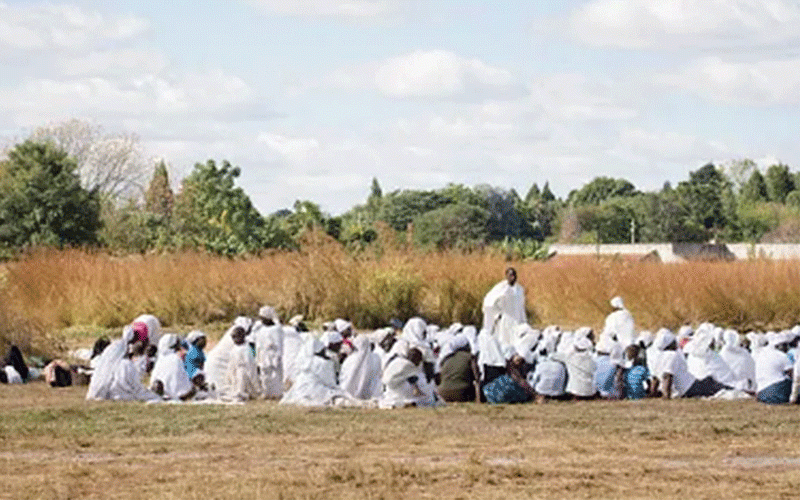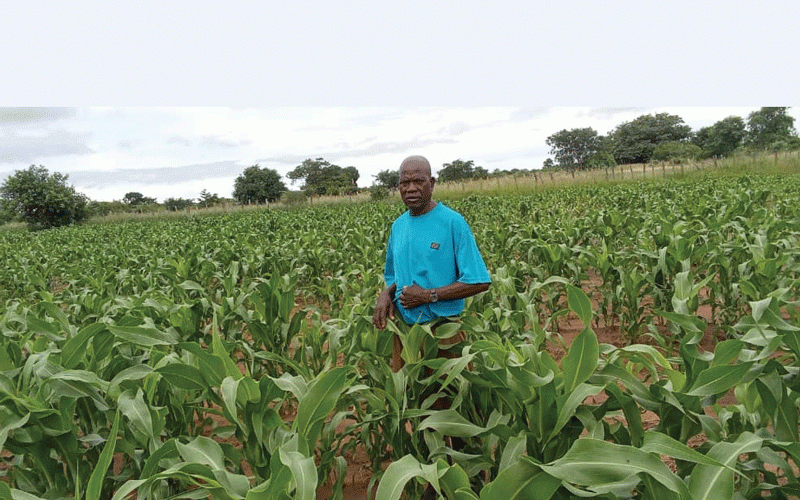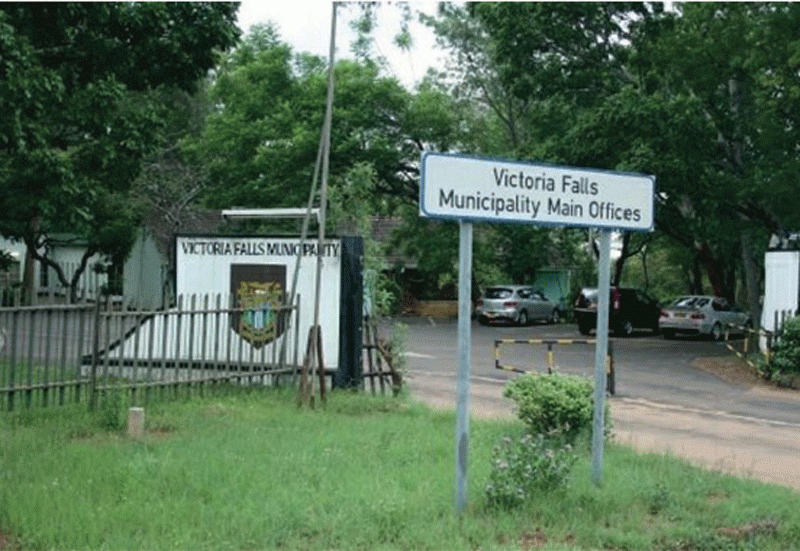
OPEN-AIR worship and bush shrines have been described as a serious environmental menace in the City of Bulawayo amid fears of disease outbreaks due to open defecation and illegal dumping of solid waste.
These issues were raised during a policy discussion organised by the Public Policy Research Institute of Zimbabwe in Bulawayo last week.
The discussion was held under the theme, Towards Clean and Resilient Urban Areas: Building Inclusive and Sustainable Solid Waste Management in Zimbabwe.
Ward 17 councillor Sikhululekile Moyo said there was a proliferation of apostolic sects and shrines in the city.
“Open-air worship has become a new phenomenon in Bulawayo bushes. I think everyone is now a prophet in Bulawayo or some people come to Bulawayo to become prophets,” he said.
“We have a serious challenge. The City of Bulawayo arrests those people. We report them and rangers issue them tickets. The challenge is that the money we charge them is little. When they are given a ticket, the pastor remains preaching while another member goes to pay the fine.”
She put the blame on residents who visit the shrines and open-air churches.
“Our mindset must go back to basics on what we want in the bush. When we were growing up, these people were not there. How were our elders surviving? We have a challenge as a city, especially with open-air worship,” Moyo said.
- Take Money clinches sponsorship deal
- Proposal to rehabilitate silted Umzingwane Dam
- Proposal to rehabilitate silted Umzingwane Dam
- City water supplies under serious threat
Keep Reading
“I think as a city, we must come up with a resolution on what we should do; if we are to chase them away, we do it across the city.
“We in Pumula, have a way to chase them, we go out as residents to chase them. They had relocated to Magwegwe, but they have returned.
“But if we agree as Bulawayo that we chase them and say we do not want them, and residents agree on that, we will succeed.”
Moyo said the economic challenges had a bearing on such issues.
She also bemoaned the vandalism of dust bins in the city, creating a serious challenge for residents in dumping solid waste in the city.
“Our bins are being vandalised. We usually make sure we put bins on the streets, but they are vandalised. So for us to secure waste is a serious challenge,” Moyo said.
Civic activist Themba Chiveya said Bulawayo used to be the cleanest city in Zimbabwe, adding that the invasion of the city by the open-air worshippers and travelling vendors had destroyed that status.
“I blame the governance for this crisis. The laws that helped the city to be smart are still there, but we wonder why they are not being enforced, which is why I blame central government for the dirty state of the city,” Chiveya said.
“These days, you find that a restaurant operates in the same building as a barbershop. This would not have happened in the past. Inspectors would close the shops.”
He also expressed concern over open-air worship at places without toilets.
Bulawayo acting mayor Melisa Mabeza said the municipal police had no arresting and detaining powers, which affected the way council enforced bylaws.
“Council police have no arresting powers. We issue tickets and fine offenders, but we do not have cells to detain them. That is why we work with the Environmental Management Agency, although it has a shortage of manpower,” she said.
Mabeza also castigated vendors relieving themselves on the streets.
Bulawayo is currently experiencing a proliferation of vendors, some coming from as far as Harare and Masvingo to sell their wares.
The vendors also sleep on the streets, where they bathe in the open early in the morning.








